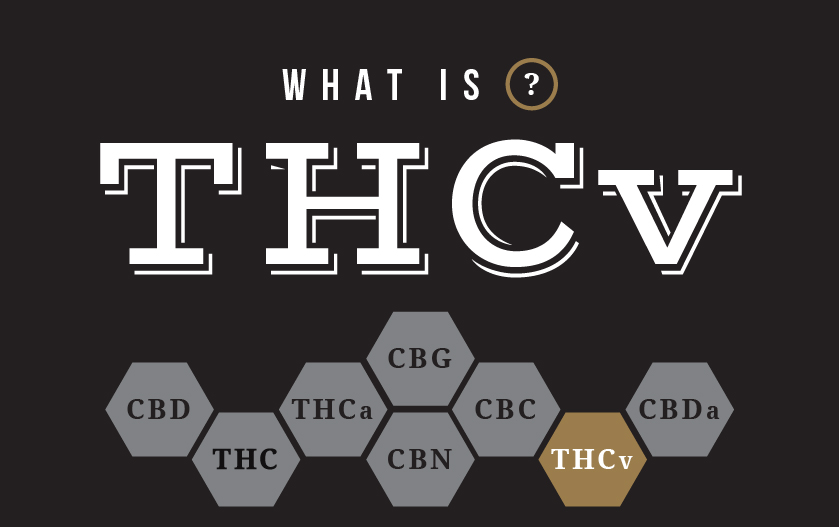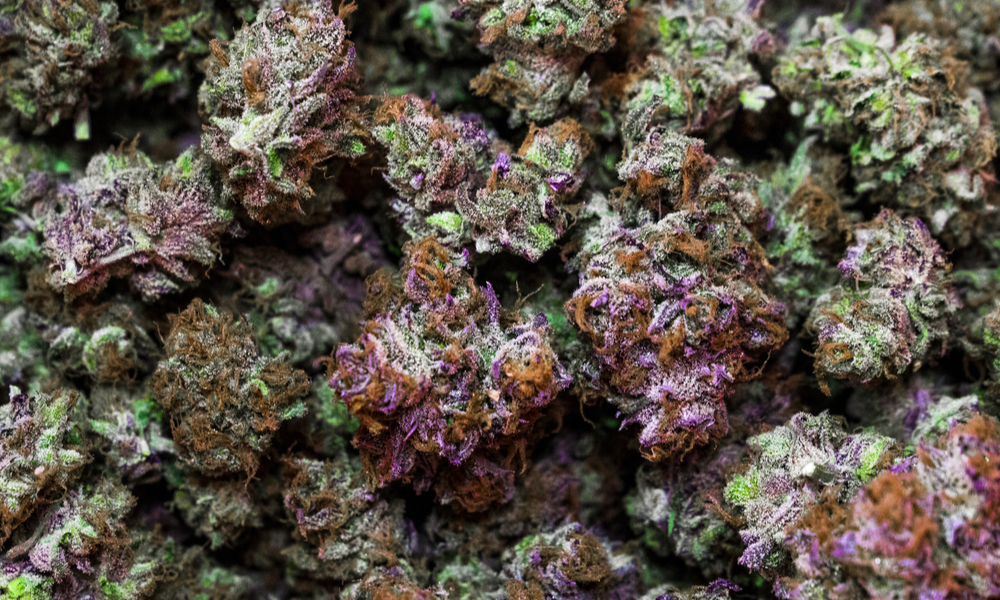Welcome to
On Feet Nation
Members
-
GRAHAM MULFY Online
-
casen Online
-
Liam Jackson Online
Blog Posts
Top Content
Thcv - Cresco Labs
Tetrahydrocannabivarin (THCV) is a cannabinoid substance found in marijuana and hemp plants. It's chemically similar to tetrahydrocannabinol (THC) however with some essential differences. Here's whatever you need to know about THCV consisting of the risks, benefits, differences, and similarities with other forms of THC and more. What Is THCV? THCV is a less typical cannabinoid discovered in some pressures of cannabis, specifically African sativa.
 THCV: Everything You Need to Know CannaMD
THCV: Everything You Need to Know CannaMD
 THCV Strains: 11 Interesting Health Benefits You Should Know
THCV Strains: 11 Interesting Health Benefits You Should Know
 Tetrahydrocannabivarin (THCV) - Original FARM
Tetrahydrocannabivarin (THCV) - Original FARM
THCV has a 3-carbon side chain rather than THC's 5-carbon side chain. This difference is subtle, however it has a noticeable influence on the effect profile. THCV is somewhat psychedelic however only about and about. What Does THCV Seem like? THCV has a strong energy-boosting element to it, which makes it specifically popular amongst students and professional athletes.
In the United States, THCV guideline is nuanced. THCV is not a Schedule I Drug, but cannabis extracts are making it rather uncertain what the federal position is on THCV. The 2018 Farm Expense mentions that hemp plants and all derivatives of the plants are legal on a federal level, numerous companies comply with this law and still offer THCV to customers by just extracting the compound from hemp plants.
If THCV is considered a THC analog, it could be controlled in the future by the exact same guidelines as THC under the Federal Analog Act. This act specifies that any compound that shares a similar molecular profile as a recognized restricted compound it's included in the exact same drug Arrange category.
What Are the Effects of THCV? Proponents of THCV report that it produces an intense burst of energy and makes them feel euphoric without the psychological cloudiness triggered by THC. The effects are very mild compared to THC. The effects are almost specifically cognitive yet in some way have extremely little effect on headspace.
2. THCV & Appetite Some THCV users claim that it curbs their cravings. This is a common result of other focus-enhancing substances as well. It's as though THCV removes the diversion of other physical processes (like appetite) in order to maintain resources and attention to cognitive jobs instead. How Does THCV Work? Cannabinoids produce biological results in the body by communicating with endocannabinoid receptors.
CB1 receptors lie in the nerve system and interact with neurotransmitters in the brain to produce mind-altering impacts. Interaction with CB1 sites is what gives some cannabinoids like THC their psychoactivity. THCV is a bit difficult to understand since it's mainly a CB1 antagonist, implying it has the opposite result as THC.
While scientists are still seeking to understand this procedure, it appears THCV has the ability to obstruct the effects of CB1 in low doses and stimulate them in high dosages. CB2 receptors are discovered primarily in the body immune system. THCV is a partial agonist of CB2, however the impacts of this partial activity aren't widely known, and it relatively has no discernible influence on THCV users' experience.
As mentioned in the previous area, THCV is a CB1 villain in low dosages which is the specific opposite impact of delta 8 and delta 9 THC. This could indicate that THCV combats some of the psychedelic impacts of THC. This impact might describe why individuals who use THCV feel so clear-headed specifically compared to the notorious "fogginess" caused by delta 9 THC.
© 2024 Created by PH the vintage.
Powered by
![]()
You need to be a member of On Feet Nation to add comments!
Join On Feet Nation